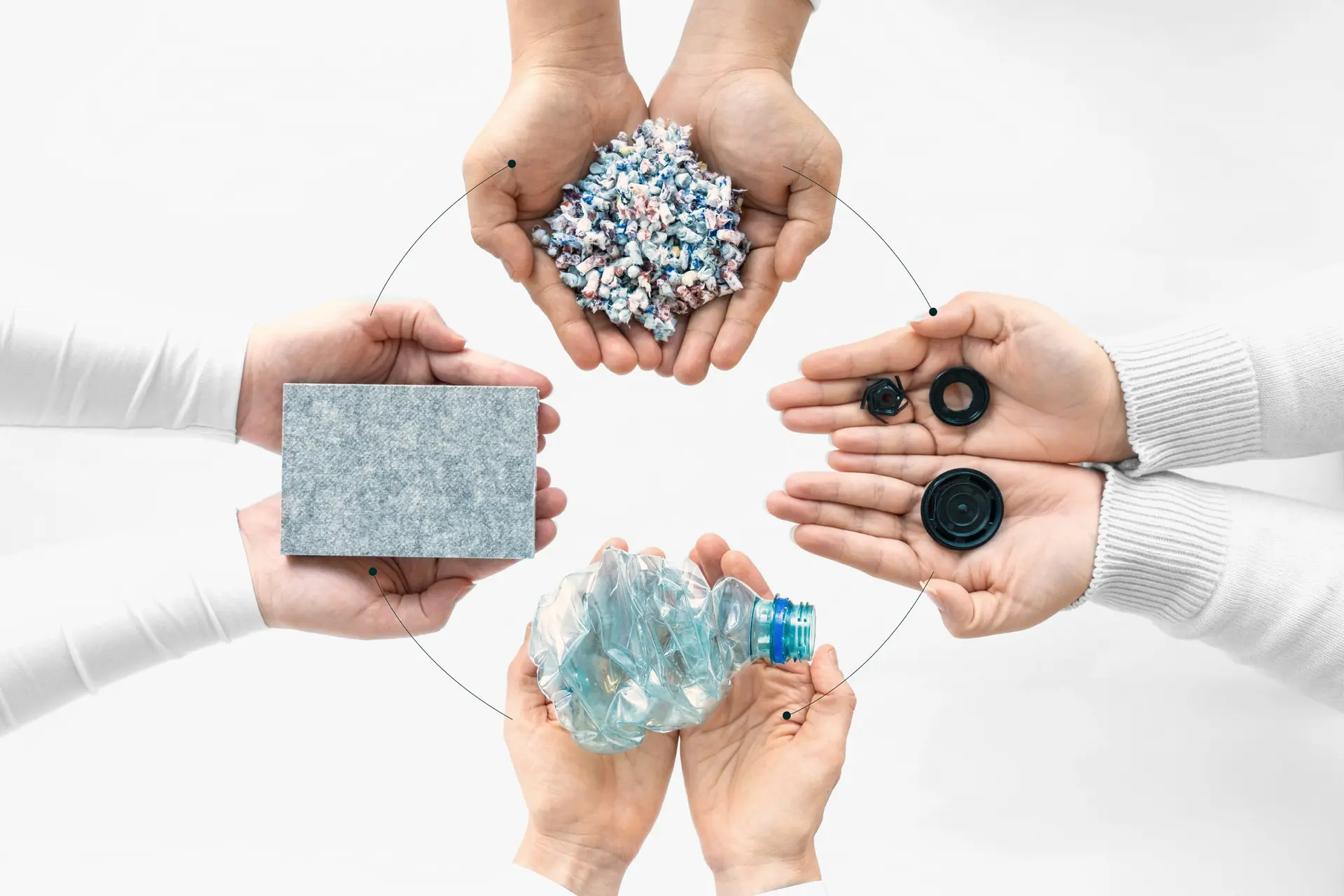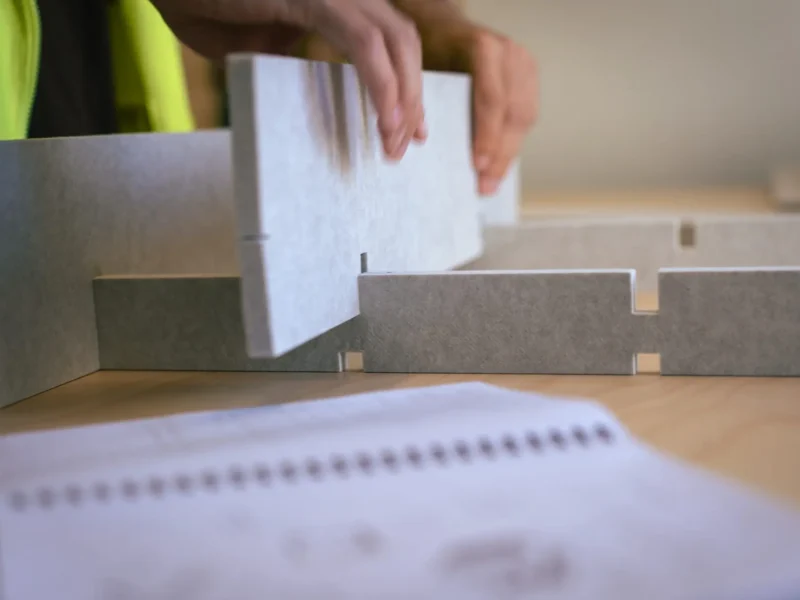Pioneering Carbon Neutrality and Circularity in the Acoustic Industry
Sustainability has moved to the forefront of architecture and design, undergoing a remarkable transformation. No longer considered a mere compliance exercise or a nice-to-have feature, it has become an essential, value-driven pillar of contemporary design thinking. Around the globe, there is a decisive shift towards embracing sustainable practices, with architects and designers increasingly recognising the profound environmental, social, and economic advantages that sustainable design delivers.
Jonathan Mountfort, director at Autex Future Lab, observes, “Architects and designers have deepened their understanding of sustainability as it pertains to their roles and its impact on individual projects. The focus has shifted from general sustainability considerations to more specific and nuanced inquiries about product specifications and sustainability processes. Similarly, questions about our sustainability practices have evolved from ‘do we recycle’ to ‘how do we recycle.’”
Since its founding in 1967, sustainability has been deeply ingrained in the fabric of Autex Acoustics®. It’s no surprise that architects, designers, and specifiers naturally associate us with strong environmental credentials. Their very first product—insulation—was manufactured with zero waste for decades, setting a benchmark for our enduring commitment to responsible practices. Today, that commitment is stronger than ever, with sustainability shaping every facet of our operations, from material sourcing to product design and manufacturing.
Mountfort elaborates, “Sustainability is inherent in our business operations. It plays a pivotal role in our procurement team’s assessment of potential raw materials and suppliers, considering their environmental and social impacts. Our research and development team also prioritises sustainability, focusing on minimising material usage and designing products for disassembly and recyclability at the end of life. Our production teams are equally dedicated to minimising waste during production and redirecting product trimmings away from landfills.”
This strong commitment to sustainability drives a broad range of initiatives aimed at continually reducing our environmental footprint and pushing the boundaries of sustainable innovation.

In 2021, Autex Acoustics achieved carbon neutrality across all its global operations, encompassing the entire acoustic product line. They have also implemented a circular economy strategy that guides all our products and operations toward clear, regularly reviewed, and enhanced goals. This ongoing commitment to circularity is reflected in their efforts to continually refine and optimise their processes.
Mountfort highlights an innovative recycling approach for panel offcuts, stating, “In the past, we’ve used recycled manufacturing waste as insulation infill, which is commendable, but now we’ve introduced an industry-first process for recycling panel offcuts made from recycled PET. Traditionally, recycled PET was destined for landfills, but our pioneering machine can convert recycled PET fibre into solid pellets usable by various manufacturers for a range of applications.”
We developed an innovative recycling process for panel offcuts that supports greater resource efficiency and waste minimisation, while advancing Autex Acoustic’s ambition to repurpose 100% of post-industrial waste into new products—a crucial step towards zero-waste manufacturing. At the same time, we are steadily boosting the proportion of recycled content in their products as we work toward developing fully closed-loop production systems.
These initiatives are increasingly vital in a national context where each New Zealander generates over three tonnes of waste every year. Alarmingly, New Zealand also ranks among the lowest in the OECD for recycling and reuse, with just 35% of waste materials being recovered.
Mountfort asserts, “As product designers, we prioritise designing for circularity to ensure our products are as sustainable as possible. While products like Frontier , Lanes, and Grid Ceiling Tiles can be disassembled at the end of their life, our ultimate aim is to have 100% of our product portfolio designed for disassembly. Moreover, we aspire to repurpose all post-industrial waste generated during the manufacturing process into new products, paving the way for zero-waste manufacturing lines. Our commitment to sustainability extends to collaborating with the broader industry to advocate for improved product stewardship, recognising the importance of collective action in achieving a greener future.”
As sustainability continues to evolve globally, companies like Autex Acoustics are instrumental in driving the future of responsible design. By integrating sustainable principles into every aspect of our values, operations, and product innovation, we not only reinforce our commitment to environmental stewardship but also strive to lead by example—encouraging others across the industry to do the same.
